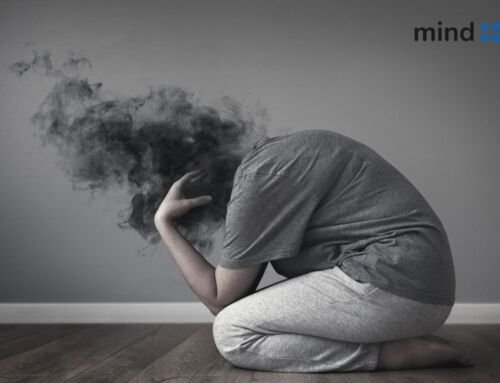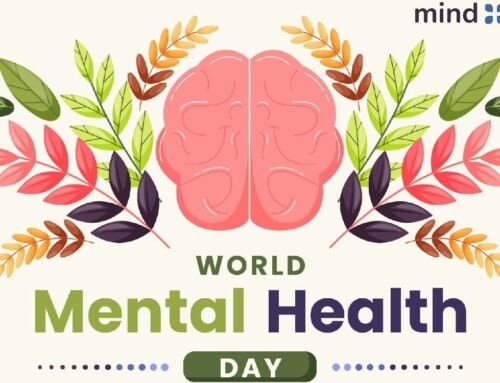Discover the Manic Episode Causes, Symptoms and Signs.
By Ashima Gupta, Psychologist
Mood fluctuations on extreme ends are an important feature of bipolar disorder. It ranges between extreme highs (mania) and extreme lows that can be experienced by a person having mania.
Mania and depressive episodes frequently last for several weeks or months. A person with bipolar disorder might not have insight into their illness.
They might be astonished by their actions once the episode has ended. However, the person having bipolar symptoms can have the impression that others are being mean or unhelpful at the time.
Bipolar disorder might affect some people more severely and more frequently when compared to others.
Hypomania
Hypomania is a form of less severe mania. The symptoms of hypomania are comparable to those of mania, the behaviours are less intense, and individuals may frequently be able to carry out their regular activities without any difficulty.
Hypomania can eventually develop into a more severe version of the disorder if a person ignores its warning indications.
Although symptoms can occur throughout adolescence and, less frequently, in childhood, the National Alliance on Mental Illness (NAMI) reports that persons acquire a diagnosis on average at the age of 25.

Some warning signs for Bipolar disorder’s manic phase may include the following:
- feeling extremely joyful, thrilled, or overjoyed
- talking fast and having racing thoughts
- feeling full of energy
- having inflated self-esteem
- reduced appetite
- reduced need for sleep
- feeling inspired by new and important plans
- easily distracted
- being deluded, experiencing hallucinations, and thinking erratically
- spree spending- spending a lot of money on expensive and sometimes unaffordable stuff.
- making decisions or saying things that are out of character and that other people perceive as being hazardous or destructive
- showing aggression if someone challenges their views or behaviour
- feel like achieving anything
Psychosis, involving hallucinations or delusions, can accompany severe mania. The effects of hallucinations include the perception of unreal sights, sounds, and sensations.
People may have illusions and skewed thinking, which leads them to mistakenly believe certain things to be true.
For instance, individuals might think they are related to royalty or have influential acquaintances, like the president of the country.
While a person experiencing manic episode causes or symptoms might not be aware of their strange behaviour, others might detect a change in behaviour. While some could find the person’s attitude to be social and enjoyable, others would find it odd or peculiar.
Due to the high intensity of this disorder, maintaining employment and maintaining healthy relationships may be challenging. Additionally, the chance of suicide also increases.
Teens
Teenagers may exhibit some of the more typical bipolar disorder symptoms, particularly an increase in dangerous behaviours like:
- risky sexual behaviour
- drug or alcohol usage
- poor academic achievement
- conflict, and increased thoughts of suicide
Any young person exhibiting these symptoms should visit a mental health expert.
Living with bipolar disorder
A lifelong condition, bipolar disorder can have a serious impact on the sufferer as well as their friends and family.
The keys to effectively managing this ailment are seeking assistance quickly and taking an active role in treatment.





